Ausraeli or Israelian?
With Yom Ha’atzmaut celebrations wrapping up this week, Arsen Ostrovsky and Hallely Kimchi muse on the complexities of their Australian-Israeli identities and the notion of ‘home’.
ARSEN OSTROVSKY
BEFORE the establishment of the State of Israel, the nation’s first president and one of the great Zionist leaders, Chaim Weizmann, reportedly travelled to London, where he was asked by a Lord in the British Parliament: “Mr Weizmann, why Palestine [as it was then]? Why not try elsewhere, somewhere you would have less enemies, less struggles, less difficulties, somewhere closer?”
Weizmann replied: “My dear Lord, why is it that you insist on driving two-and-half hours – every weekend – to visit your elderly mother, when there is a perfectly decent, nice old lady living just across the street?”
So why did I make aliyah in 2012, all the way from Sydney – which is about as far away from Israel as possible?
Well, the short answer is, I’m a Jew, I’m a Zionist, and after 3000 years of our people dreaming, fleeing persecution and saying year after year, “Next Year in Jerusalem”, I said, “Enough is enough! I’m coming home!”
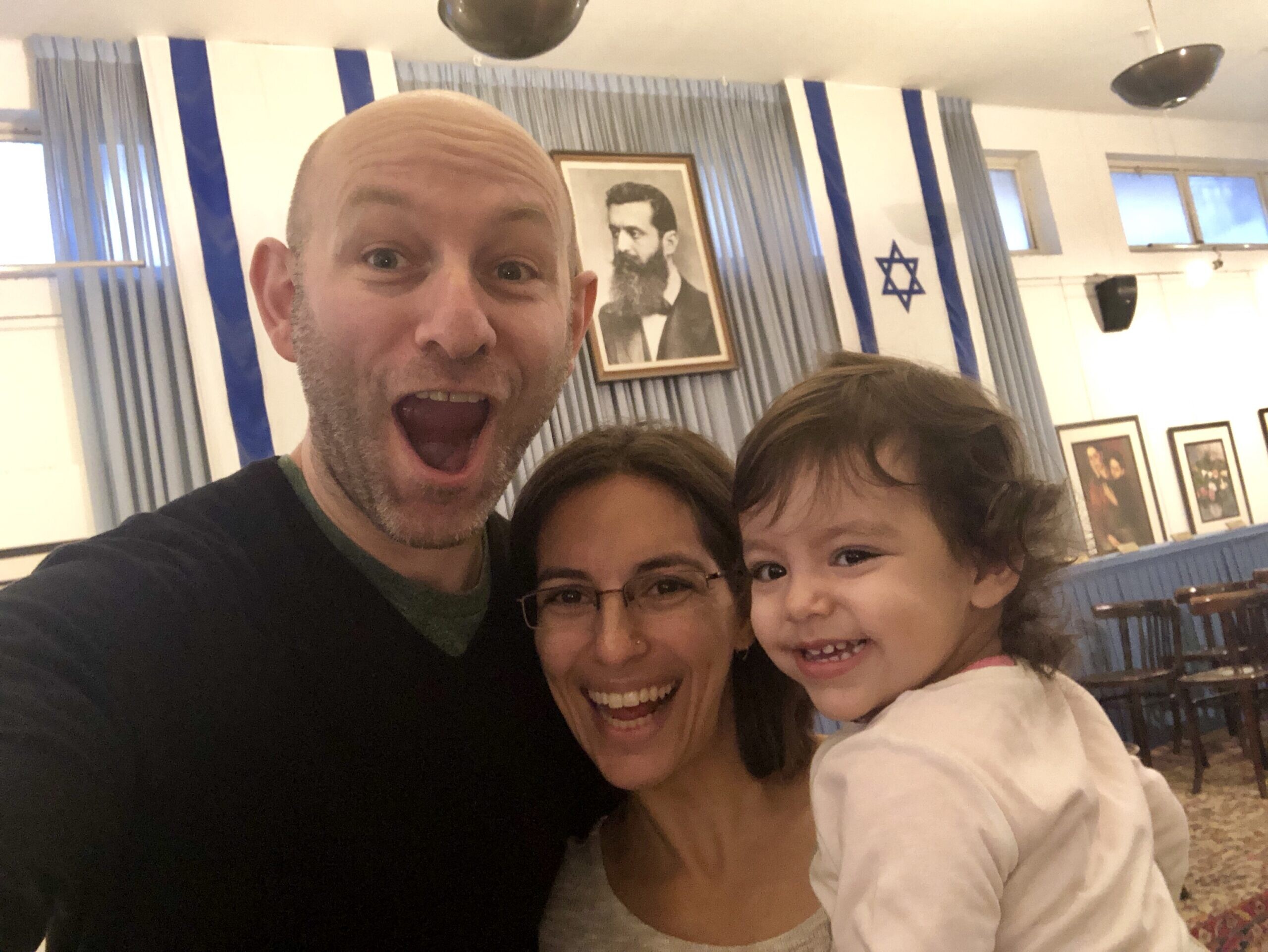
Seven-and-a-half years, five apartments, two wars, one wife, a (Sabra) child, puppy and countless elections later (I stopped counting after the three this past year), with each passing day I feel only a sense of reaffirmation that this was unequivocally the best decision of my life.
GROWING up in Australia, instead of Hamas, Hezbollah and Iran, the biggest concerns weighing on our collective minds were which footy code to watch on the weekend and which pub to go to for a schooner after work.
It’s not that I ever felt out of place in Australia. Never for a moment. It’s just that in Israel, I feel there is a sense of mission and purpose, that you are part of something bigger – a Zionist story that is still unfolding and where you can truly shape the future direction of the Jewish state.
Even to this day, I still get Israelis looking at me with amazement when I say I came from Australia. For many of them, they consider Australia an oasis, a place to explore after army service and often struggle to understand how one could leave the comfort and ease of “down under” for the dogged fight of life in the Holy Land.
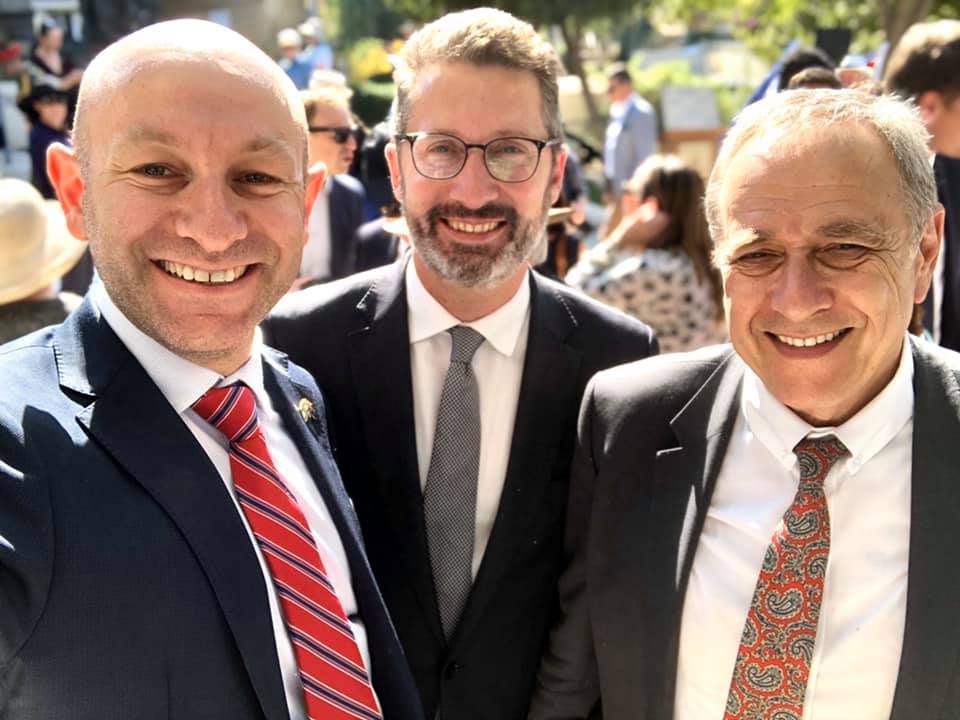
But there is this automatic sense of respect. Everyone in Israel just loves Aussies!
Firstly, there is a deep appreciation of the tremendous political support shown by the Australian government towards Israel. That is definitely something noticed and appreciated, both on the political and ‘street’ level.
Australia and Israel have also been blessed with some outstanding ambassadors to each other’s respective countries in recent years, which has also further cemented this relationship and taken it to the next level.
The Australian Jewish community is also recognised as one of the most Zionist in the Diaspora and many Australian olim have gone on to high profile and successful roles.
The Israelis are also well aware of history, and specifically Australia’s crucial role in the region during WWI and the Battle of Beersheba.
Here, they also appreciate the Aussie sense of humour and frankness – two qualities to which Israelis can definitely relate.
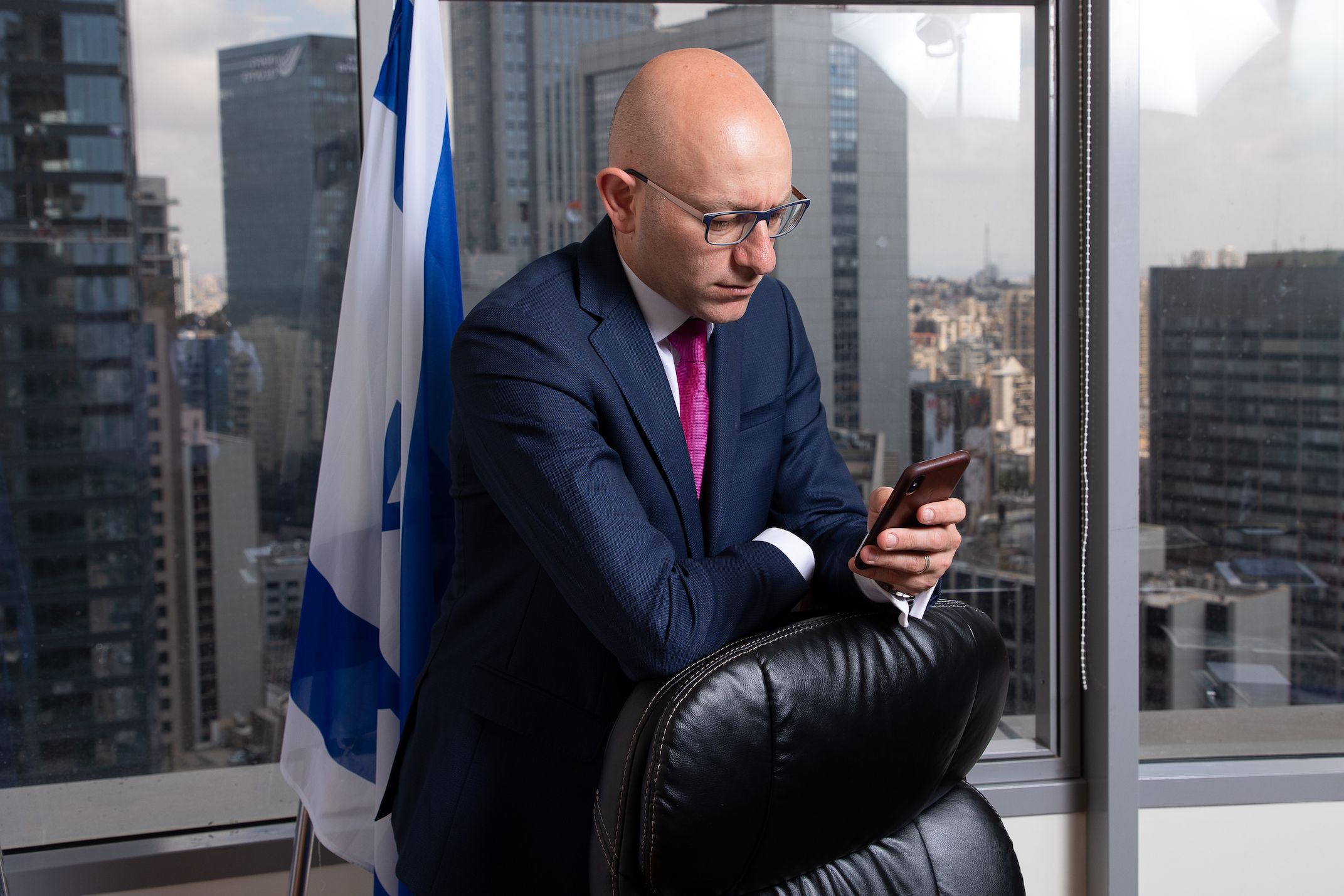
Having been very active in the Australian Jewish community, since making aliyah, I have been tremendously fortunate to continue my work as an international human-rights lawyer. I have made the case for Israel at the highest levels, including the United Nations and throughout Europe, while focusing on leading campaigns against global antisemitism and BDS.
In 2018, as we celebrated 70 years since the establishment of the modern State of Israel, I was awarded the prestigious Nefesh B’Nefesh Bonei Zion Prize in the field of Israel advocacy during a ceremony at the Knesset, recognising the outstanding contribution to Israel of Anglo immigrants in their respective fields.
But I have never lost my deep connection to Australia.
TODAY, I am privileged to also continue that on a professional level, as Israel affairs director for the Zionist Council of NSW, where I have the opportunity to play an active part in an amazing team strengthening Israel – Australia bilateral relations, empowering the next generation of pro-Israel advocates and bringing my perspective on life in Israel to “down under”.
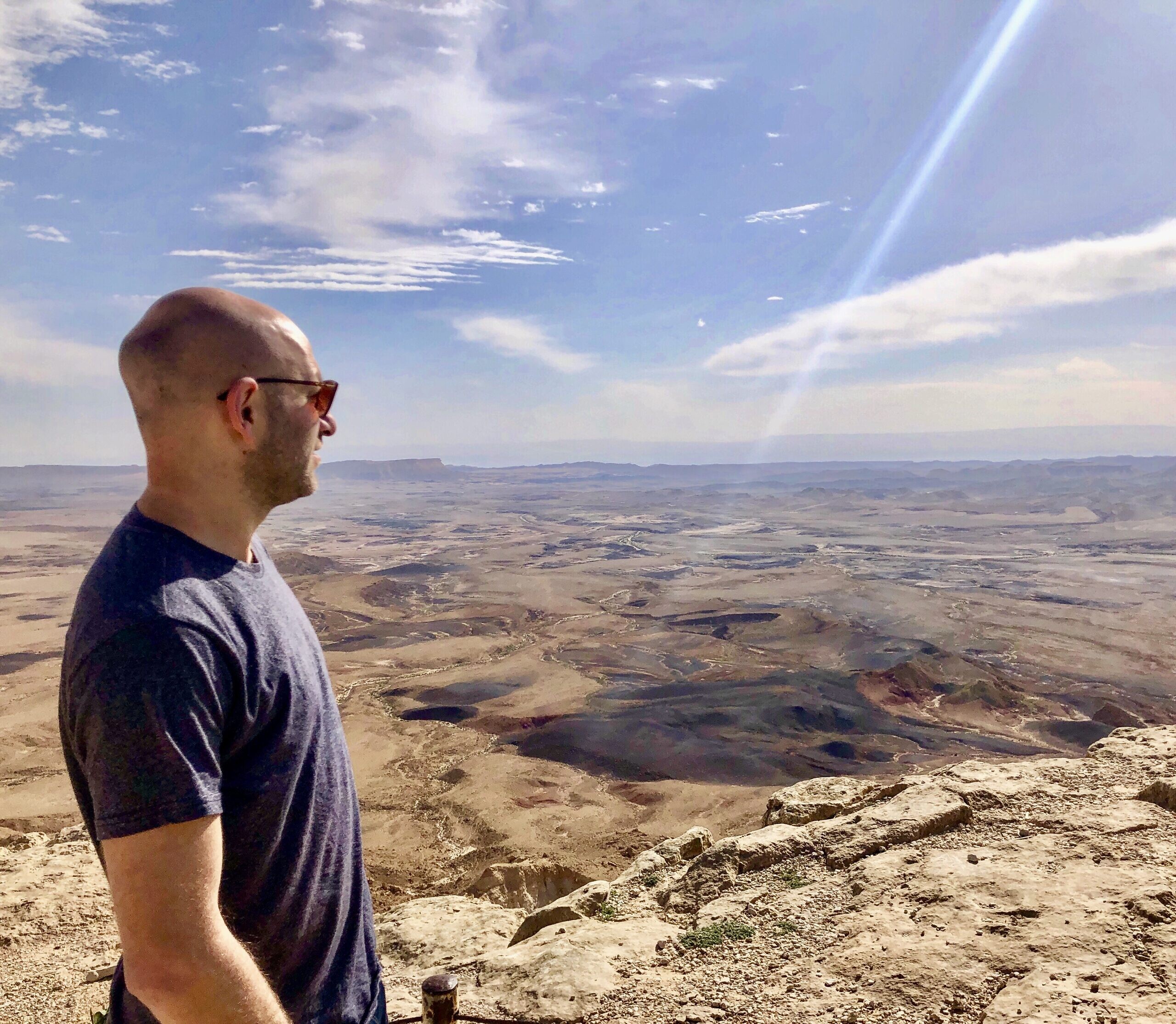
Life in Israel has also brought no shortage of unique experiences, from rushing my family to the bomb shelter in the middle of the night due to rocket attacks from Hamas, to celebrating the Jewish holidays, eating an obscene amount of hummus and of course, raising the first Sabra child in our family.
And I wouldn’t change any of this for a moment!
Yet as I write this, it would be remiss of me not to make reference to the coronavirus, which has engulfed so many aspects of our lives, including both in Australia and Israel. But one thing I can say unequivocally is that, a trait that both our nations share is this amazing unity and coming together in times of crises to help one another. And together we shall prevail.
Arsen Ostrovsky is a leading international human rights lawyer and pro-Israel advocate, serving also as Israel affairs director for the Zionist Council of NSW.
HALLELY KIMCHI
I CAN’T believe that in only a couple of months I will mark my 25-year anniversary in Australia. 25 years. Wow! It actually means that I have just crossed the frightening line of being more years in Australia than in Israel. But does it actually mean that I am more Australian than Israeli? Interesting question.
Immigration is a very tough journey – no matter where you are coming from. I think it’s a bit tougher for Israelis because of the strong connections to our families and the inevitable connection to the land. Our lives constantly revolve around our enemies; battles and borders, war and peace.
There is never a dull moment.
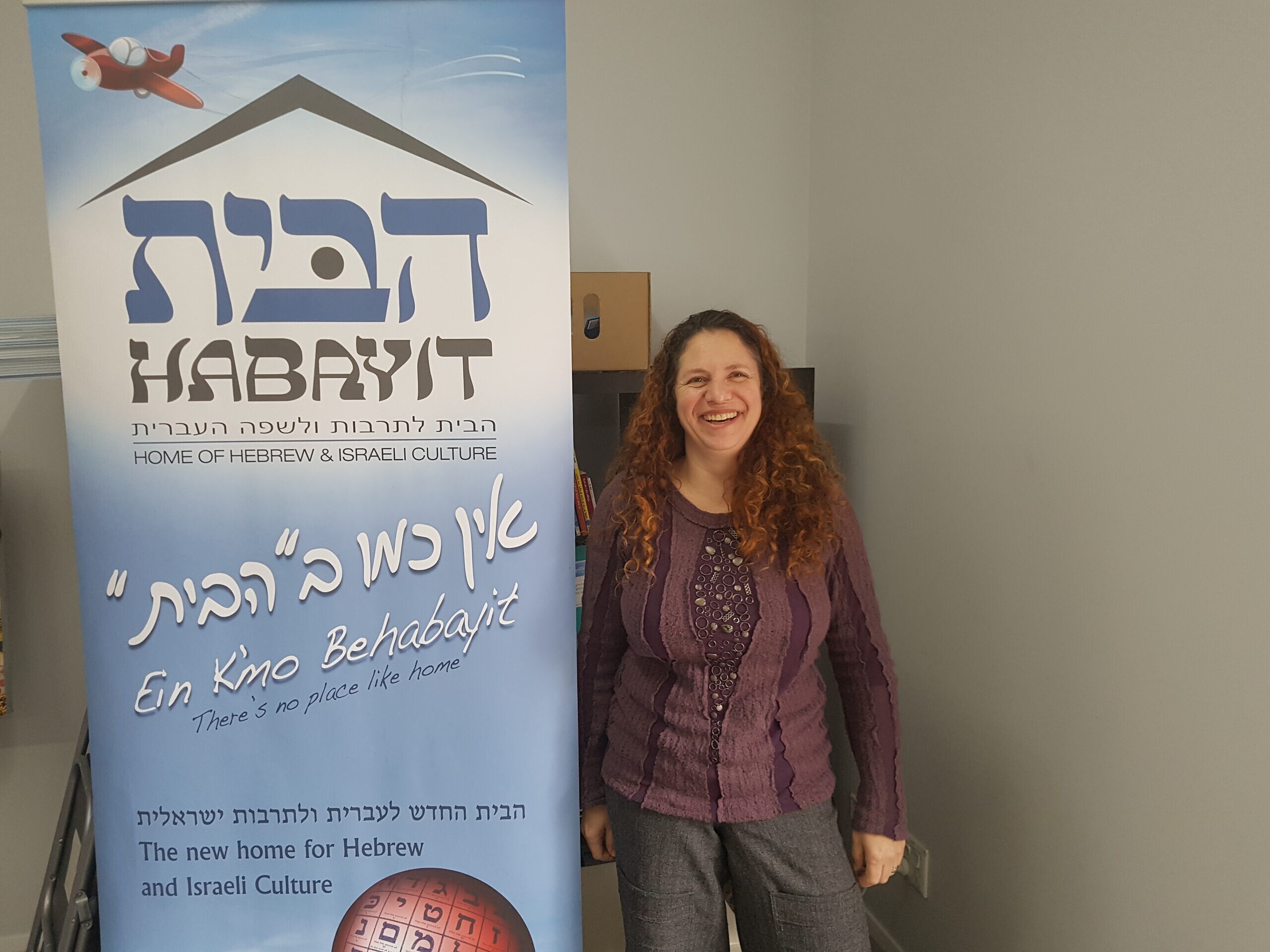
And it leaves its marks.
Especially when you enlist to the army (and you don’t have a choice) to protect your country.
So, coming to Australia, with its massive space – the land of no borders, no enemies and no worries – is quite a huge change.
And it’s a struggle.
You struggle within yourself – as Israelis that made the choice to live somewhere else were considered, for many years, as traitors, or as the late Yitzhak Rabin has once labelled us: Cowards, or “wussies”.
And there is also a struggle with the loneliness, the lack of support system, a community.
This is not the case of the Melbourne Jewish/Israeli community now with all the Facebook and WhatsApp groups that connect us to each other.
But this support and connection was not part of the Melbourne “scene” in 1995.
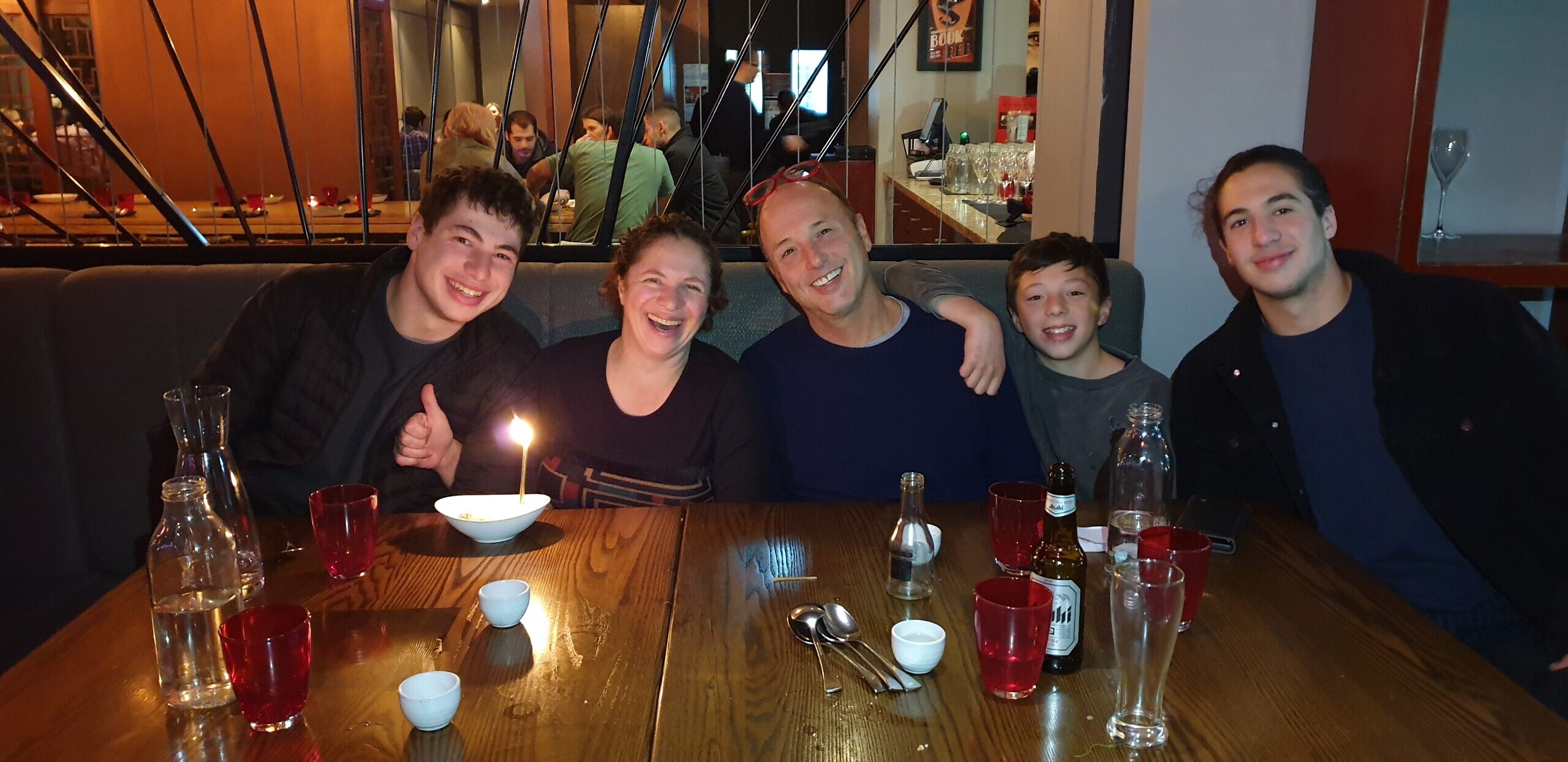
There was no Israeli community and there was certainly no connection to the local Jewish community, so you needed to face everything by yourself – a foreign country, new language, being parents for the first time without grandparents to take the kids when you need a precious moment to yourself, the painful longing for everything that is familiar, for Israel’s culture, for the warmth of its people, and constantly receive advice from strangers in the streets (because in Israel, “personal space” simply does not exist).
For many years I was living “on suitcases”, dreaming of the time that I will go back to my country, to my home.
But where is home? All my three beautiful boys were born in Australia. For them, Australia is home.
So, how do you deal with all of it? For me, it was creating my little Israeli bubble, having Israeli friends that were in a similar space to us, trying to avoid expats as every time someone would go back to live in Israel, it left a hole in my soul and my boys in tears.
It was also creating Eton, the Israeli newspaper that made me feel at home, writing in Hebrew, connecting between people (before Facebook took over the job), making living in despair just slightly more comfortable.
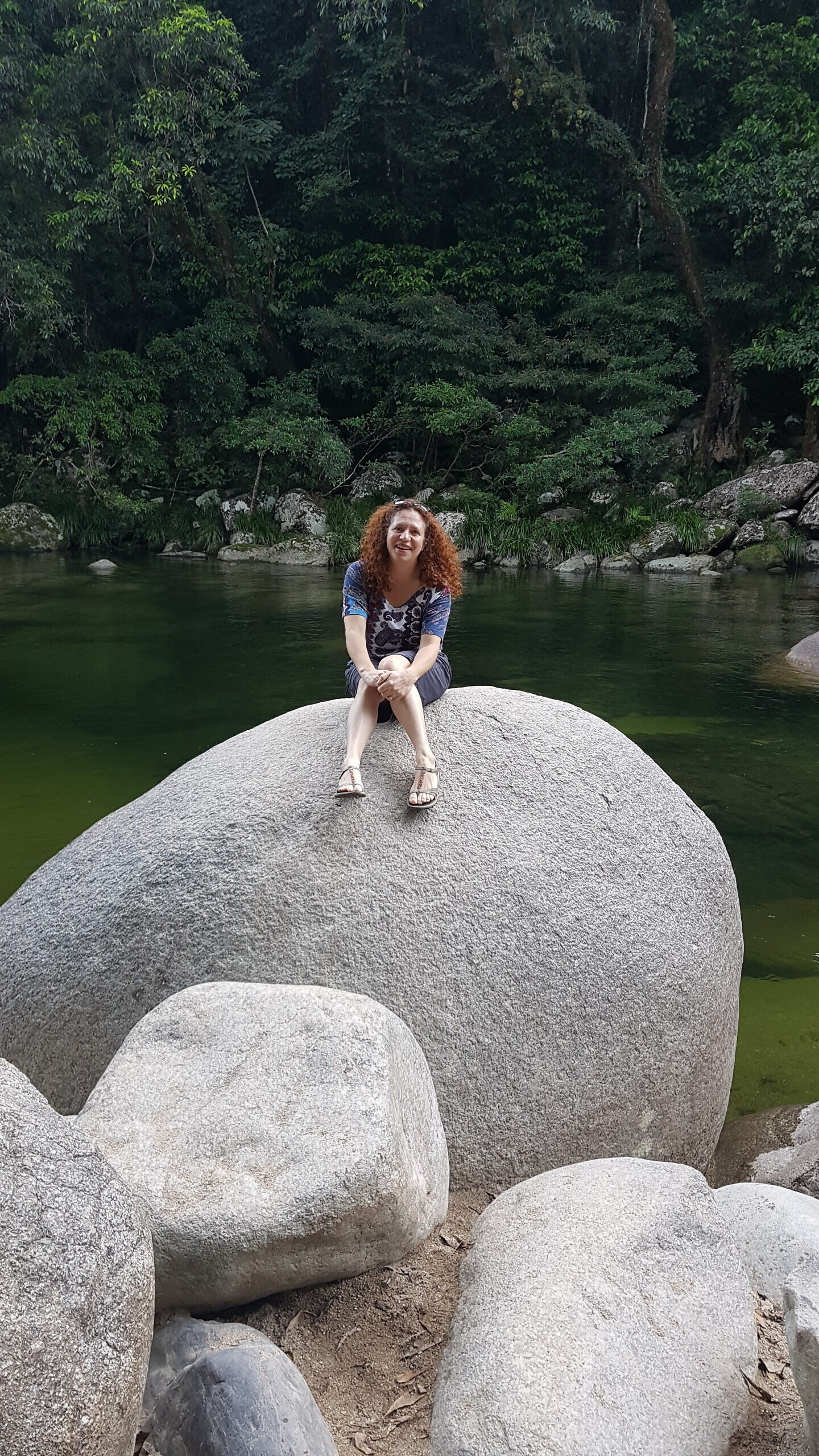
And when I became coordinator of Habayit (the Zionist Federation of Australia’s home of Hebrew language and culture) in 2013, I consciously made the decision to confront MY Israeli/Jewish stigma.
I met a lot of good friends along the way from the broader community that made me feel I belonged.
FOR many years I continued to struggle with the word “home”.
It is interesting that the comfortable middle-ground came to me just recently at a time of crisis.
The recent bushfires that burnt half of Australia managed to crack my shield. I was overwhelmed. As someone who loves the Australian bush, I have been in many of these places. My kids have their childhood memories of camping sites, so many of those lost, beautiful land that now has turned to black dust.
Suddenly, I felt that my home was burning and my feeling of connection to the land, my land – struck me. I felt more Australian than ever before and I didn’t feel a burden in being connected to it. I wasn’t ashamed, confused, and not for one bit less Israeli. It too is so much a part of my soul. I was at peace with my identity for the first time in my life.
I am an Australian-Israeli.
An Ausraeli, and it’s okay.

At the moment, the bushfires seem so far away. We are now living in one of the most difficult times that humankind has ever known. Borders are irrelevant, language is not a barrier, and with Zoom, Israel feels closer than ever.
I had so much hope for this year. 2020 felt like it had so much potential. We are fighting – together, the entire world – against something that we can’t even see.
There are no winners, only losers. And we can’t even see a finite end.
Famous Israeli singer, Hanan Ben Ari summed it up beautifully in his song, Longing for People.
“Until you came, and you infected, and you went crazy, and you isolated, and you created confusion, and you startled. Who are you? And soon it will all be over, and I ask if it’s possible. In the morning after you go, that we won’t be the same again?”
May we all come out of this stronger and united, and with more compassion for one another, making a much healthier society.
Hallely Kimchi is the coordinator of Habayit, the Zionist Federation of Australia’s home of Hebrew language and Israeli culture.

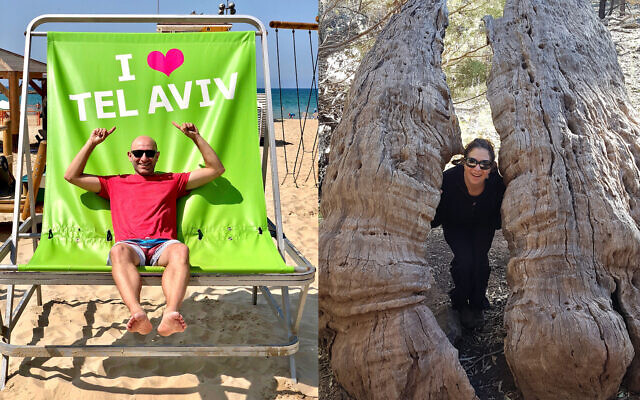
comments